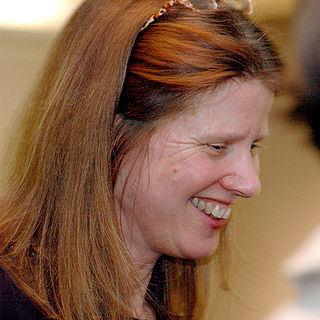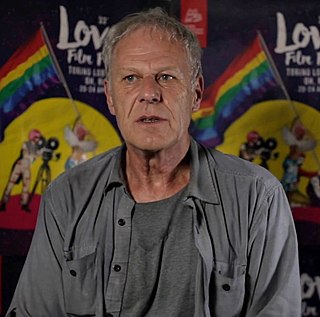A Quote by Jonathan Safran Foer
One of the things that I love about writing novels is that it really doesn't matter what next step you take as long as you're pursuing some intuition or instinct. Of course, then, intuitions or instincts don't make for great novels, but they often make for good first drafts.
Related Quotes
I had read [Charles] Dickens's novels were often published serially. I thought it would be fun to write a book, just sitting down and writing a chapter every day, not knowing what would happen next. So that's how I wrote the first draft. And then of course I had to go back and make sure everything worked and change things.
I've been thinking a lot about why it was so important to me to do The Idiot as a novel, and not a memoir. One reason is the great love of novels that I keep droning on about. I've always loved reading novels. I've wanted to write novels since I was little. I started my first novel when I was seven.I don't have the same connection to memoir or nonfiction or essays. Writing nonfiction makes me feel a little bit as if I'm producing a product I don't consume - it's a really alienating feeling.
It’s the ability to bring events and characters to a resolution that draws me to writing, especially writing for children. I don’t want to ever be didactic, but if there’s something I do want to say, it’s that you can bring things around. You can make a change. Adult novels are about letting go. Children’s novels are about getting a grip.







































